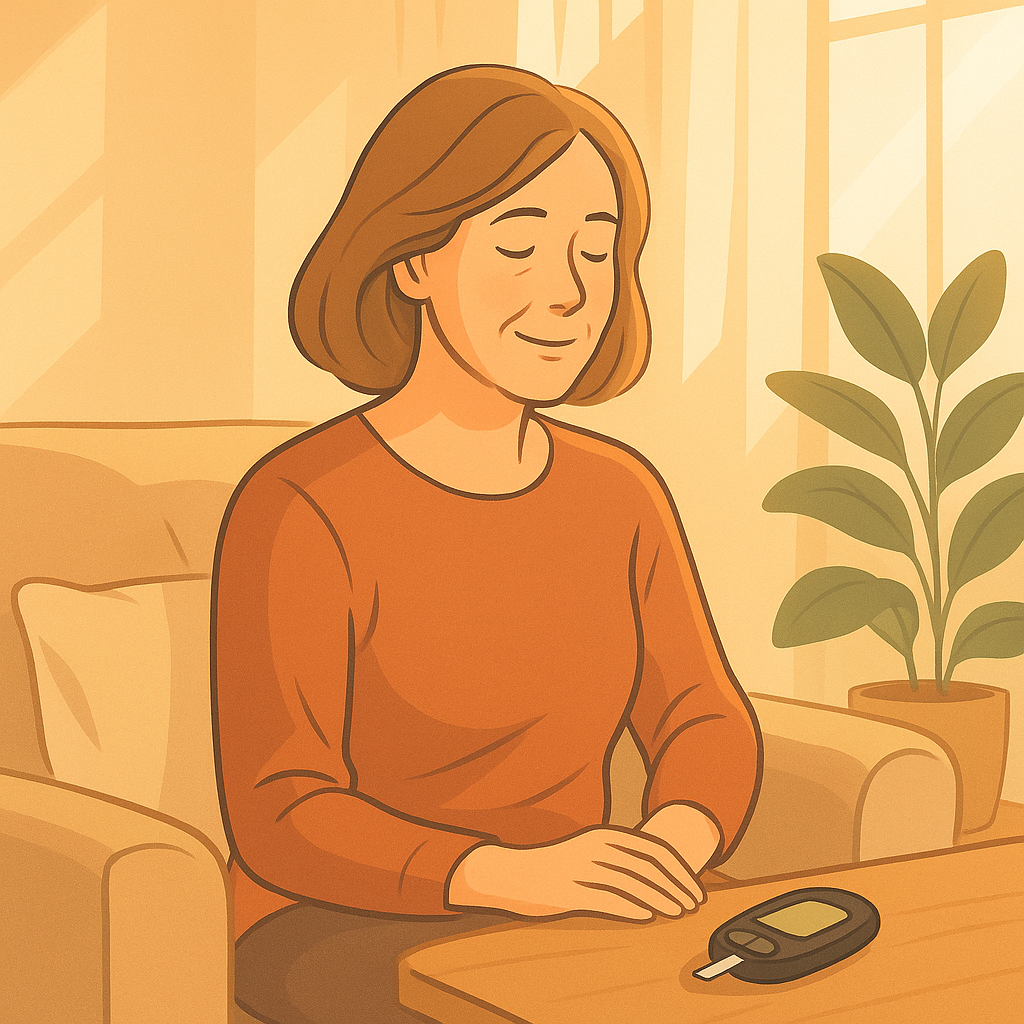Have you noticed changes in your body or mood that seem different from before? Many people entering midlife experience subtle shifts that could point to menopause. While each person’s journey is unique, recognizing the possible signs may help you respond with more clarity and care.

1. Irregular or Missed Periods
One of the earliest signs may be irregular cycles. Periods could become lighter, heavier, shorter, or skip entirely as estrogen and progesterone levels fluctuate.
2. Hot Flashes and Night Sweats
Sudden warmth in the face, chest, or upper body may occur, often followed by sweating or chills. These episodes could happen day or night and vary in intensity.
3. Sleep Disturbances
Many experience trouble falling or staying asleep, sometimes due to night sweats or shifting hormones. This may lead to daytime fatigue and reduced focus.
4. Mood Changes and Irritability
Emotional fluctuations could appear more noticeable. Hormonal shifts and poor sleep may contribute to feelings of anxiety, sadness, or frustration.
5. Weight and Metabolism Changes
Slower metabolism during menopause may make it easier to gain weight, particularly around the abdomen. Balanced nutrition and movement could help stabilize body composition.
6. Decreased Libido and Vaginal Dryness
Lower estrogen levels can reduce natural lubrication and comfort during intimacy. Gentle moisturizers or medical guidance may help ease discomfort.
7. Hair and Skin Changes
Hair may thin, and skin could feel drier or less elastic as collagen production shifts. Hydration, gentle care, and sun protection may help maintain skin health.
8. Joint or Muscle Discomfort
Some people notice stiffness or soreness that wasn’t present before. Fluctuating hormone levels might influence inflammation and muscle recovery.
9. Memory or Concentration Difficulties
“Brain fog” may appear during hormonal transition. Forgetfulness or slower recall often improves with rest, exercise, and mental engagement.
10. Increased Heart Awareness or Palpitations
Hormonal changes may occasionally cause sensations of a rapid or irregular heartbeat. If persistent, checking with a clinician is important to rule out other causes.
🌟 Conclusion
Menopause is not a sudden event but a gradual transition that may bring both physical and emotional changes. Awareness of these possible signs can help you adapt early and seek guidance when needed. With balanced lifestyle choices and support, this stage may also open space for renewed strength and self-understanding.
References and Further Reading
- North American Menopause Society — Understanding Menopause
- National Institute on Aging — Menopause Symptoms
- Mayo Clinic — Managing Menopause
Disclaimer
This article is for informational purposes only and not medical advice. Individual experiences with menopause may vary widely.